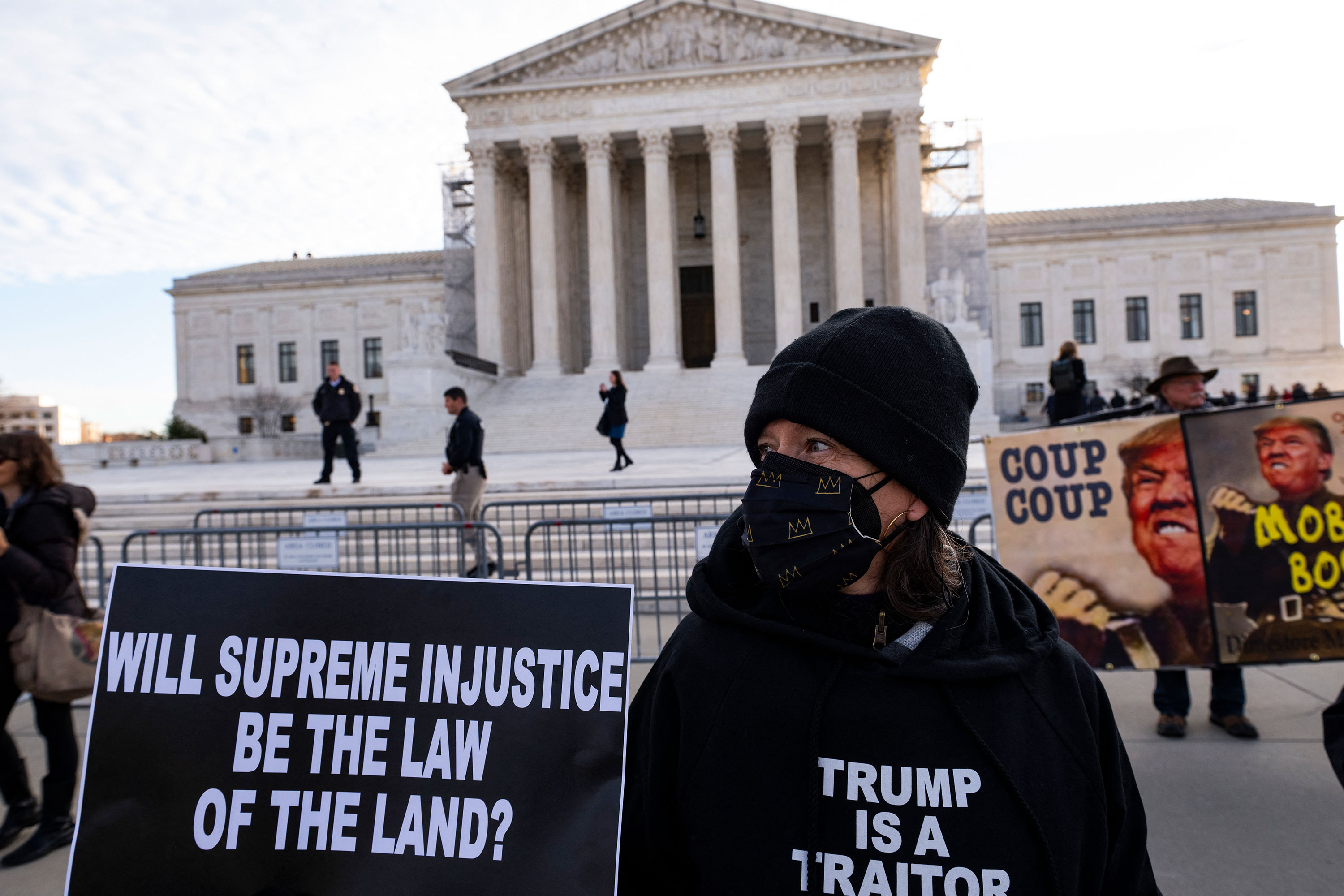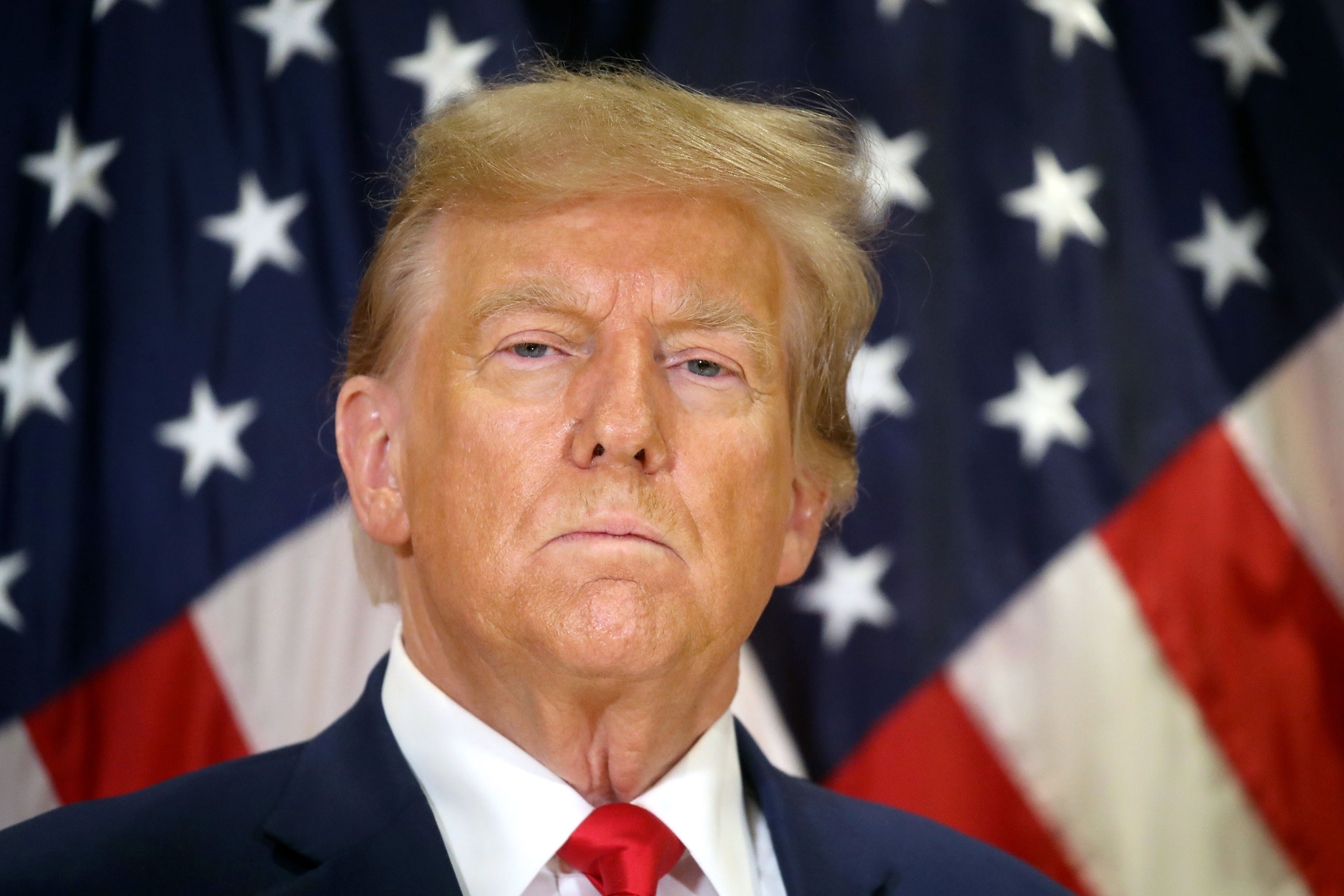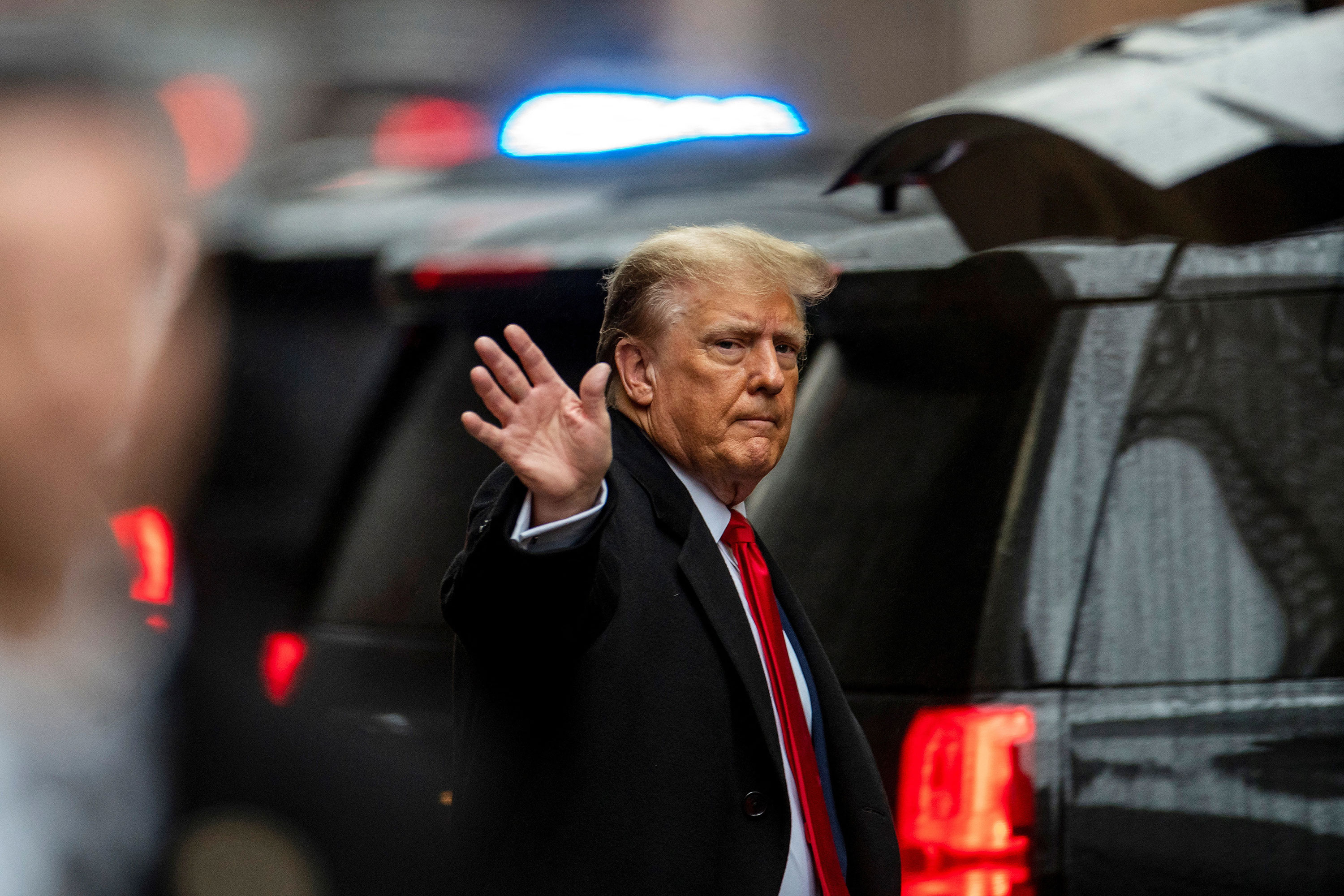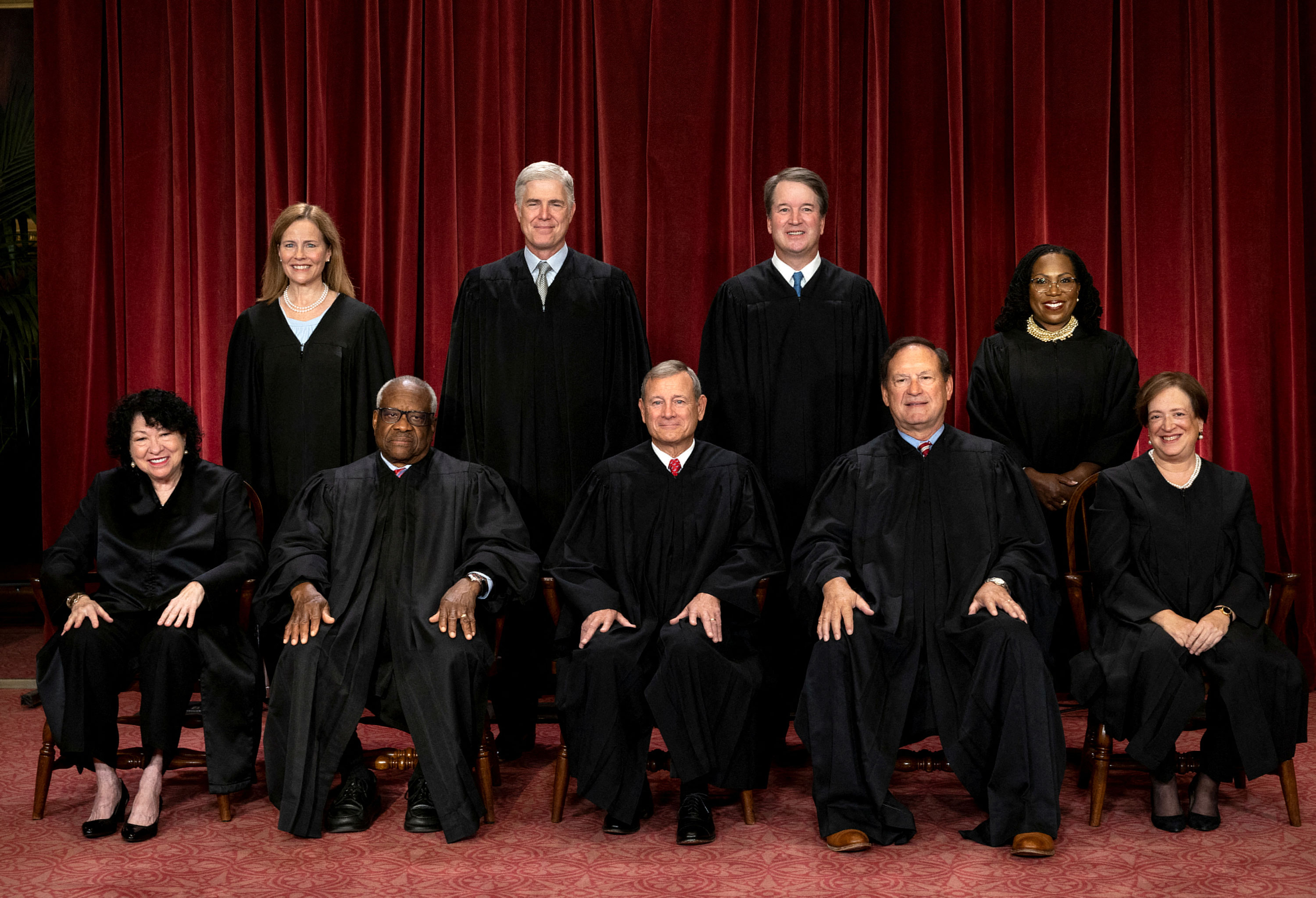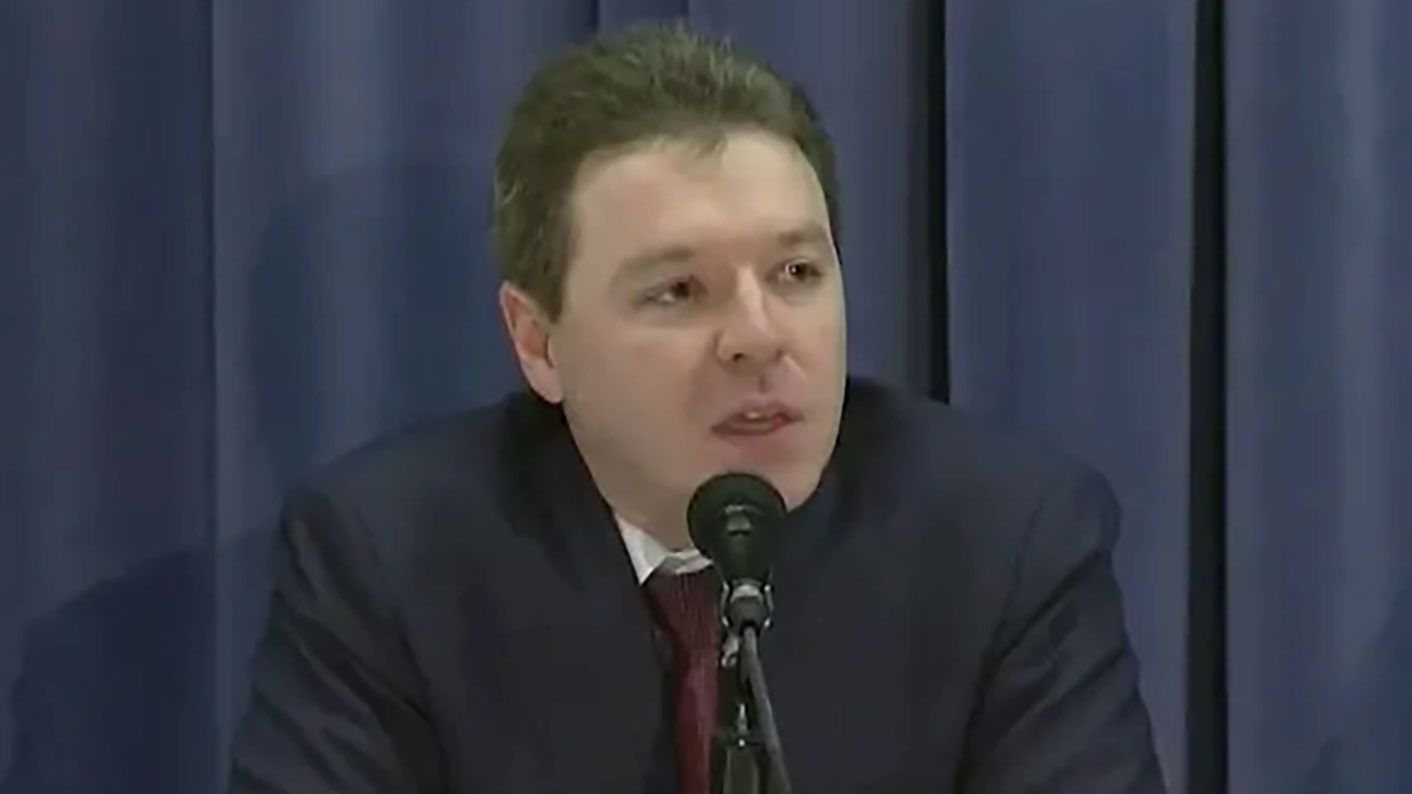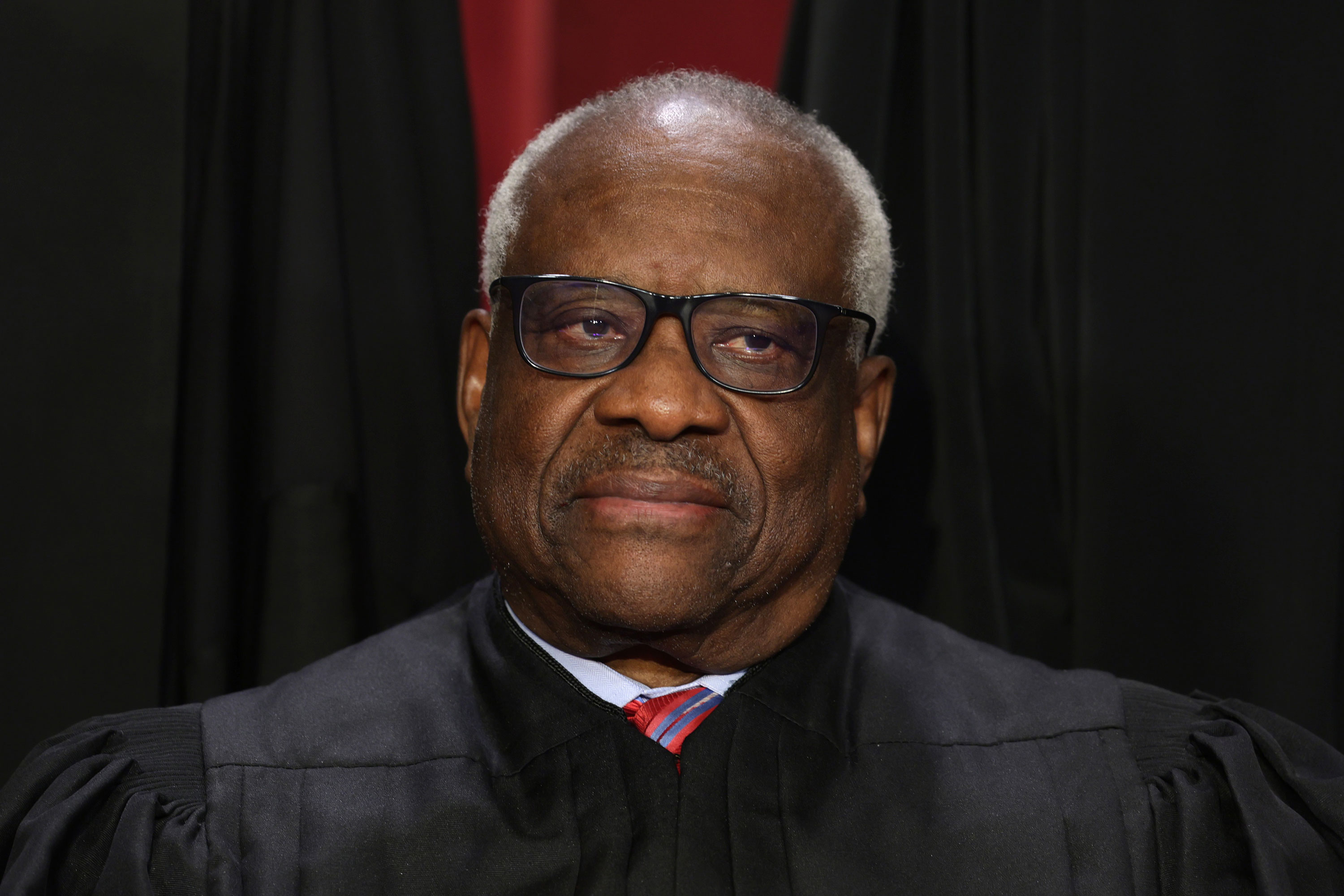
Conservative Justice Clarence Thomas has faced pressure to recuse himself from the Colorado ballot case from liberals who have seized on his wife’s conservative activism and efforts to reverse the 2020 election results.
In a letter sent by eight Democratic lawmakers to Thomas last month as the court was still considering whether to take up Trump’s appeal, the lawmakers Virginia “Ginni” Thomas’ role in the January 6 “Stop the Steal” rally that she attended make it “unthinkable” the justice could be impartial in deciding whether the event constituted an insurrection.
“Not only did your wife attend the January 6 rally, but she was instrumental in planning it and bringing the insurrectionists to the Capitol,” the Democrats wrote.
Senate Judiciary Committee Chairman Dick Durbin also called for Thomas’ recusal in a social media post Wednesday.
“Given questions surrounding his wife’s involvement, Justice Thomas should recuse himself so there’s no question of bias,” Durbin wrote.
Thomas has so far resisted the recusal calls, though he or any other justice could recuse themselves at any point. They are not required to explain themselves either way.
Other ethics issues have dogged the justice over the last year, with a steady stream of stories about a GOP megadonor’s largesse to Thomas – which have mostly gone unreported on the justice’s financial disclosures – raising questions about transparency at the high court.
